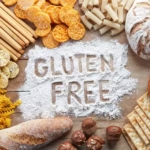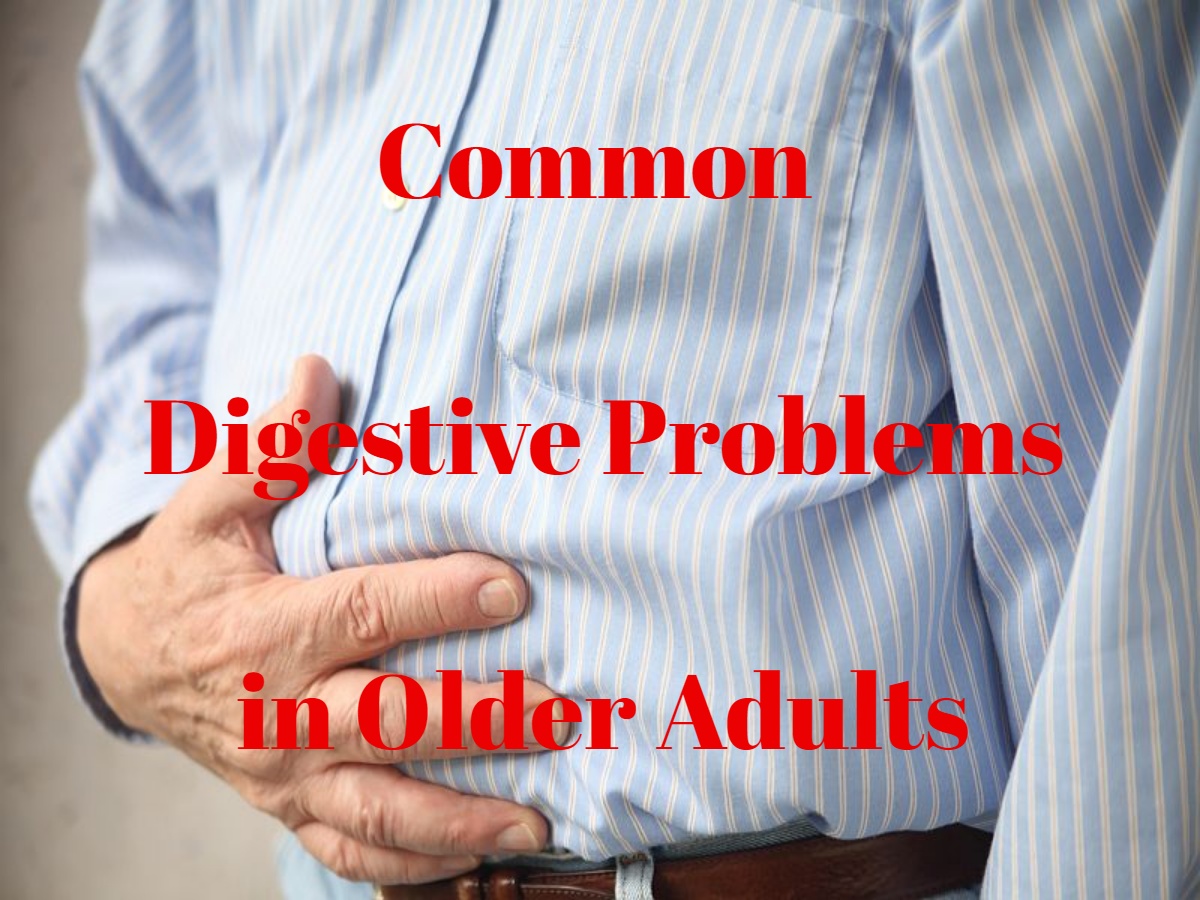Constipation is a common problem that affects people of all ages, causing discomfort and hindering daily activities. It’s characterized by infrequent bowel movements, difficulty passing stools, or both. This article explores the causes, signs, and comprehensive solutions to manage and prevent constipation, aiming to provide relief and improve quality of life.
Table of Contents
Understanding Constipation
Causes of Constipation
The causes of constipation are multifaceted and can include a range of dietary, lifestyle, and health-related factors:
- Dietary Factors: A diet low in fiber is a significant contributor to constipation. Fiber aids in softening stools and promotes easier passage through the digestive tract. Insufficient water intake can also lead to harder stools, making them more difficult to pass.
- Lifestyle Factors: Lack of physical activity can reduce bowel motility, leading to constipation. Additionally, not responding to the natural urge to have a bowel movement can cause the body to eventually stop signaling the need to go, exacerbating constipation.
- Medical Conditions: Various medical conditions, such as hypothyroidism, diabetes, and certain neurological disorders, can impact bowel function and lead to constipation.
- Medications: Some medications, including opiates, certain antacids, blood pressure medications, and antidepressants, can cause constipation as a side effect.
Recognizing the Signs
Identifying constipation involves noticing changes in bowel movement patterns and the physical effort required to pass stools. Key signs include:
- Having fewer than three bowel movements per week.
- Experiencing hard, dry, or lumpy stools.
- Straining or experiencing pain during bowel movements.
- Feeling as though there’s a blockage in the intestines preventing bowel movements.
- Having a sense of incomplete evacuation after a bowel movement.
Importance of Understanding Constipation
Understanding constipation is crucial for several reasons. It helps individuals identify when they are experiencing this condition and encourages proactive steps toward alleviating discomfort. Recognizing the signs and causes of constipation can lead to more effective management, including dietary and lifestyle adjustments that can significantly improve symptoms. Moreover, understanding when to seek medical advice for constipation is essential, especially if it becomes chronic or is accompanied by severe pain, blood in the stool, or sudden changes in bowel habits, as these could be signs of a more serious underlying condition.
Prevalence and Impact
Prevalence of Constipation
Constipation is a widespread issue, with estimates suggesting that it affects approximately 16% of the global population, and up to 33% in older adults. The prevalence can vary based on geographical regions, dietary habits, and lifestyle factors. In the United States alone, it is estimated that about 2.5 million doctor visits each year are due to constipation, indicating its extensive impact on healthcare resources.
Impact on Quality of Life
The impact of constipation extends beyond physical discomfort, affecting individuals’ quality of life, mental health, and overall well-being. People suffering from constipation often experience symptoms such as abdominal pain, bloating, and a sense of incomplete evacuation, which can lead to frustration, stress, and anxiety. The discomfort associated with constipation can disrupt daily activities, reduce productivity, and negatively impact social and occupational functioning.
Economic Burden
Constipation also imposes a significant economic burden, both direct and indirect. Direct costs include healthcare expenditures related to doctor visits, diagnostic tests, treatments, and medications. Indirect costs encompass lost productivity and absenteeism from work or school. The overall economic impact is substantial, with billions of dollars spent annually on constipation-related healthcare costs globally.
Psychological and Social Effects
The psychological and social effects of constipation are profound. Chronic constipation can lead to feelings of embarrassment, social withdrawal, and decreased self-esteem. The discomfort and preoccupation with bowel habits can also contribute to anxiety and depression, further exacerbating the condition’s impact on individuals’ lives.
Importance of Awareness and Management
Given its prevalence and significant impact, raising awareness about constipation and its management is crucial. Understanding the importance of dietary and lifestyle modifications, as well as seeking appropriate medical advice when necessary, can help mitigate the effects of constipation. Early intervention and proactive management strategies can improve outcomes, reduce healthcare costs, and enhance the quality of life for those affected by this common condition.
Causes of Constipation
Dietary Factors
- Low Fiber Intake: A diet low in fiber is one of the primary contributors to constipation. Fiber adds bulk to the stool and helps it pass more easily through the digestive system. Foods high in fiber include fruits, vegetables, whole grains, and legumes.
- Inadequate Hydration: Not drinking enough water can make stools hard and difficult to pass. Proper hydration softens stool, making bowel movements easier.
- Excessive Dairy Consumption: For some individuals, consuming large amounts of dairy products can lead to constipation.
Lifestyle Factors
- Physical Inactivity: A sedentary lifestyle can decrease bowel motility, leading to constipation. Regular exercise can help stimulate intestinal activity and promote regular bowel movements.
- Ignoring the Urge to Go: Regularly ignoring the natural urge to have a bowel movement can lead to constipation. Over time, this can cause the body to stop signaling the need to go.
- Routine Changes: Changes in daily routine, such as travel or altered eating habits, can disrupt regular bowel movements.
Medical Conditions
- Neurological Disorders: Conditions like Parkinson’s disease and multiple sclerosis can affect the nerves that control bowel movements, leading to constipation.
- Endocrine and Metabolic Disorders: Hypothyroidism, diabetes, and hypercalcemia can slow down the digestive process and cause constipation.
- Bowel Obstructions: Tumors or scar tissue in the colon or rectum can block stool movement, causing constipation.
Medications
Certain medications can cause constipation as a side effect. These include:
- Opiates and Narcotic Pain Medications: These can significantly slow down the digestive system.
- Antidepressants: Some antidepressants can affect bowel motility.
- Antacids: Especially those containing calcium or aluminum.
- Iron Supplements: Can make stools hard and difficult to pass.
Psychological Factors
- Stress and Anxiety: Psychological stress can interfere with the body’s normal digestive process, leading to constipation.
- Depression: This can affect the entire body, including slowing down the digestive system.
Lifestyle Factors
Physical Activity
- Lack of Exercise: A sedentary lifestyle can lead to decreased bowel motility, making constipation more likely. Physical inactivity slows down the digestive system, resulting in slower movement of stools through the colon.
- Benefit of Regular Exercise: Regular physical activity can help stimulate intestinal contractions, facilitating easier passage of stools. Activities such as walking, jogging, swimming, and yoga can be particularly beneficial for improving digestion and preventing constipation.
Dietary Habits
- Ignoring the Urge to Go: Consistently ignoring the natural urge to have a bowel movement can lead to constipation. Over time, this can cause the body to reduce the frequency of its signals for bowel movements, exacerbating the issue.
- Irregular Eating Patterns: Skipping meals or eating at irregular times can disrupt the body’s natural digestive rhythm, leading to constipation. Regular, balanced meals help maintain a consistent bowel movement schedule.
Hydration
- Inadequate Fluid Intake: Not drinking enough water is a common cause of constipation. Fluids add bulk to the stool and help keep it soft, making it easier to pass. Dehydration can result in harder, drier stools that are difficult to pass.
- Benefits of Staying Hydrated: Ensuring adequate hydration, especially with water and other non-caffeinated beverages, can significantly reduce the risk of constipation. It’s recommended to drink at least 8 glasses of water daily, although individual needs may vary.
Sleep and Stress Management
- Poor Sleep Patterns: Lack of restful sleep can impact the body’s hormonal balance and digestive system, potentially leading to constipation. Establishing a regular sleep schedule can help improve bowel function.
- High Stress Levels: Stress and anxiety can interfere with the gastrointestinal system, leading to slowed digestion and constipation. Managing stress through techniques such as meditation, deep breathing exercises, and regular physical activity can help maintain regular bowel movements.
Routine and Travel
- Disruption of Daily Routine: Changes in daily routine, such as travel or altered work schedules, can disrupt the body’s normal digestive process, leading to constipation. Trying to maintain a semblance of your normal routine, even when traveling, can help prevent constipation.
- Adjustment to New Environments: Travel often involves changes in diet, activity levels, and bathroom schedules, all of which can impact bowel movements. Staying mindful of diet and exercise, and giving yourself time to adjust to new routines, can mitigate travel-related constipation.
Signs and Symptoms of Constipation
Infrequent Bowel Movements
- Less Than Three Movements a Week: One of the most apparent signs of constipation is having fewer than three bowel movements per week. However, it’s important to note that normal bowel movement frequency varies widely among individuals.
Difficulty Passing Stools
- Straining: Experiencing difficulty or straining to pass stools is a common symptom. This might involve pushing hard to initiate or complete a bowel movement.
- Hard or Lumpy Stools: Constipation often results in stools that are hard, dry, or lumpy, making them difficult and sometimes painful to pass.
Feeling of Incomplete Evacuation
- Sensation of Blockage: There may be a sensation of blockage in the rectum that prevents bowel movements.
- Incomplete Evacuation: Even after a bowel movement, individuals may feel as if they haven’t fully emptied their bowels, leading to discomfort.
Discomfort in the Abdomen
- Bloating: Constipation can cause bloating or swelling in the abdomen, adding to the discomfort.
- Abdominal Pain: Pain or cramping in the abdomen is also common, which may relieve slightly after a bowel movement.
Other Symptoms
- Decreased Appetite: Due to the discomfort and bloating, some people may experience a decrease in appetite.
- Fatigue and Irritability: Chronic constipation can lead to feelings of tiredness and irritability, impacting overall well-being.
It’s important to understand that occasional constipation is common and can happen due to various temporary factors like diet changes, stress, or dehydration. However, if constipation is chronic (lasting for several weeks or longer) or accompanied by more severe symptoms such as weight loss, blood in the stool, or severe pain, it’s essential to seek medical advice. These could be signs of a more serious underlying condition.
The Comprehensive Approach
Dietary Adjustments
- Increase Fiber Intake: Consuming a diet rich in fiber can significantly improve bowel movement frequency and consistency. Aim for 25-30 grams of fiber daily from sources such as fruits, vegetables, whole grains, and legumes.
- Stay Hydrated: Drinking enough fluids, especially water, helps soften stools and facilitates easier passage through the digestive tract. Aim for at least 8 glasses of water a day, or more based on your activity level and climate.
- Limit Low-Fiber Foods: Reducing the intake of foods low in fiber, such as processed and high-fat foods, can also help prevent constipation.
- Consider Probiotics: Foods containing probiotics, like yogurt, kefir, and sauerkraut, can help maintain a healthy gut flora balance, potentially easing constipation.
Lifestyle Modifications
- Regular Exercise: Physical activity stimulates the movement of food through the digestive system, reducing the time it takes for stool to pass. Aim for at least 30 minutes of moderate exercise most days of the week.
- Establish a Routine: Trying to use the bathroom at the same time each day can help establish a regular bowel movement pattern.
- Respond to Bowel Urges: Ignoring the urge to have a bowel movement can lead to constipation. Responding promptly when you feel the need can help maintain regularity.
- Stress Management: Since stress can impact digestion, finding effective ways to manage stress, such as through meditation, yoga, or deep breathing exercises, can be beneficial.
Medical Interventions
- Over-the-Counter Solutions: For those who do not find relief through diet and lifestyle changes alone, over-the-counter laxatives may be helpful. However, they should be used cautiously and under the advice of a healthcare provider, as overuse can worsen constipation.
- Prescription Medications: In cases of chronic constipation, especially when associated with specific conditions like irritable bowel syndrome (IBS), prescription medications may be necessary.
- Consultation with a Healthcare Provider: It’s crucial to consult with a healthcare provider if constipation is persistent, severe, or accompanied by symptoms such as weight loss, blood in the stool, or intense abdominal pain. This can help rule out more serious underlying conditions and ensure the most appropriate treatment plan.
Preventive Measures
Incorporating preventive measures into daily routines can help reduce the risk of future episodes of constipation. This includes maintaining a balanced diet rich in fiber, staying adequately hydrated, exercising regularly, managing stress, and adhering to a regular bowel movement schedule.
Conclusion
Constipation can be a discomforting problem, but with the right approach, it’s manageable. By understanding its causes, recognizing the signs, and implementing a comprehensive solution that includes dietary and lifestyle adjustments, you can find relief and prevent future occurrences. Always consult with a healthcare provider for persistent issues or before starting any new treatment.
FAQs
- How much fiber should I include in my diet to prevent constipation? Aim for 25 to 30 grams of fiber per day, through a combination of fruits, vegetables, whole grains, and legumes.
- Can too much fiber cause issues? Yes, increasing fiber too quickly can lead to bloating and gas. It’s best to gradually increase your fiber intake and ensure you’re also increasing your water consumption.
- How often should I exercise to help with constipation? Engaging in moderate exercise, such as walking, for at least 30 minutes most days of the week, can help.










